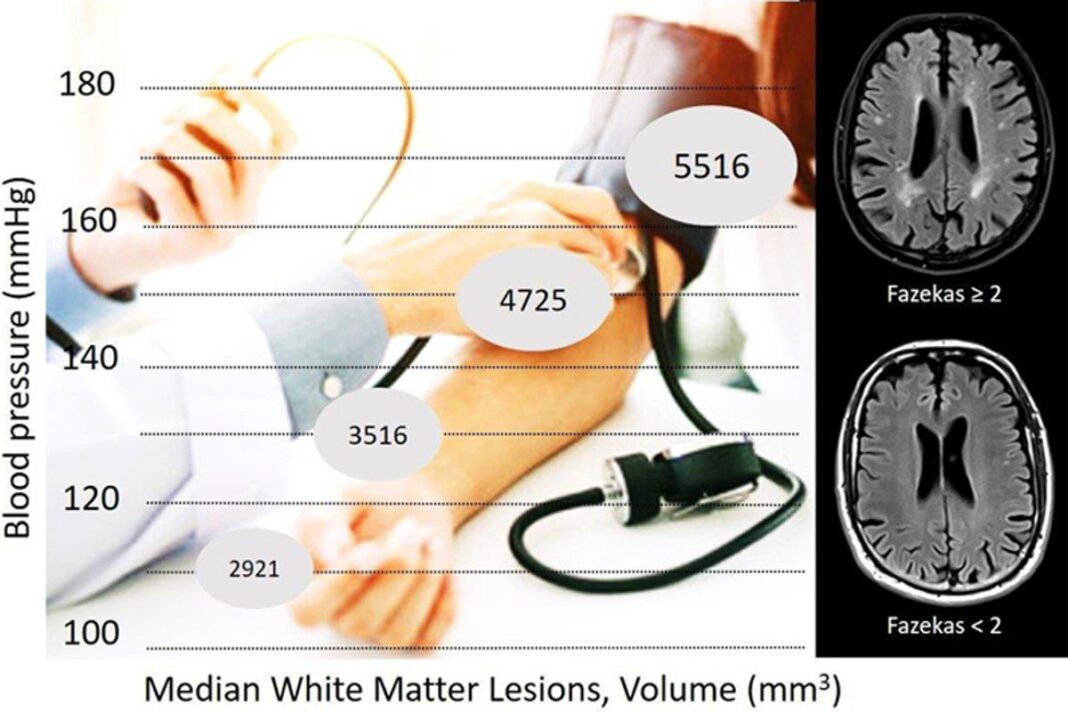A better memory, greater quality of life, and independence are potential benefits of treating high blood pressure sooner—but not for everyone.
Forgetfulness in midlife is often chalked up to stress or age. However, research shows blood pressure may be one of the clearest predictors of how well the brain is holding up.
In the first major update of the U.S. hypertension guidelines since 2017, the American Heart Association and American College of Cardiology urge doctors to act sooner, treating even modest elevations as threats to both heart and brain health.
The goal, said Dr. Daniel W. Jones, chair of the guideline committee, in a press release, is to give doctors and patients earlier, more tailored strategies to help ease the toll of heart disease, kidney disease, diabetes, and dementia.
“High blood pressure is the most modifiable risk factor for stroke and brain complications,” Dr. Shyam Prabhakaran, neurology chair at the University of Chicago, told The Epoch Times. “It affects the brain in silent ways. The brain doesn’t regenerate, so over decades, those injuries take a toll. That’s why putting brain health at the forefront of these guidelines is so important.”
The Silent Threat to the Brain
High blood pressure scars the brain’s white matter, changes that appear on MRI scans decades before memory loss. These hidden injuries are among the strongest predictors of dementia.
“High blood pressure sends force into the brain’s smallest arteries,” said Prabhakaran. “They’re not designed to handle it, so they thicken, break, or leak. That leads to silent strokes, white matter damage, even microbleeds—long before memory problems appear.” A silent stroke is one that causes real brain damage but no obvious symptoms at the time.
Nearly 16 percent of dementia cases worldwide—about 9.5 million people—are linked to hypertension, a 2023 analysis found. Warding off dementia by just five years could cut new cases in half, translating to extra years of stronger memory and greater independence.
A Johns Hopkins study of more than 13,000 adults found that having high blood pressure in midlife was linked to faster cognitive decline over the next two decades. Those who kept their numbers in check experienced less decline as they aged.
“That kind of damage can begin years before symptoms show up,” Prabhakaran said. “Treating blood pressure early is about preserving memory and independence later in life.”
By Sheramy Tsai








